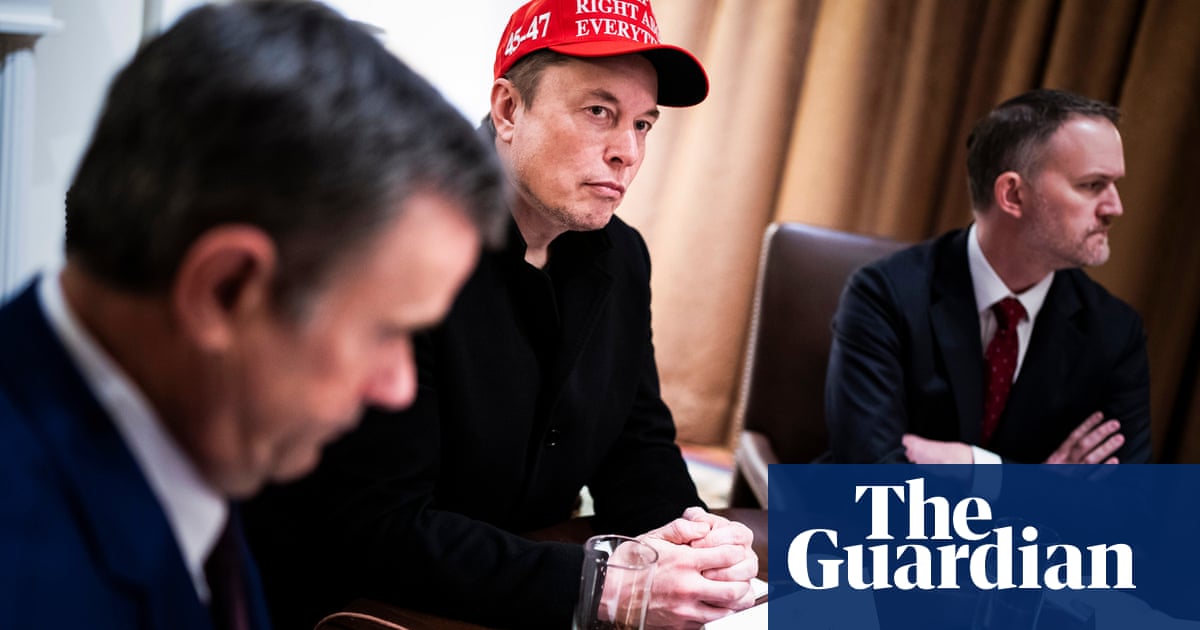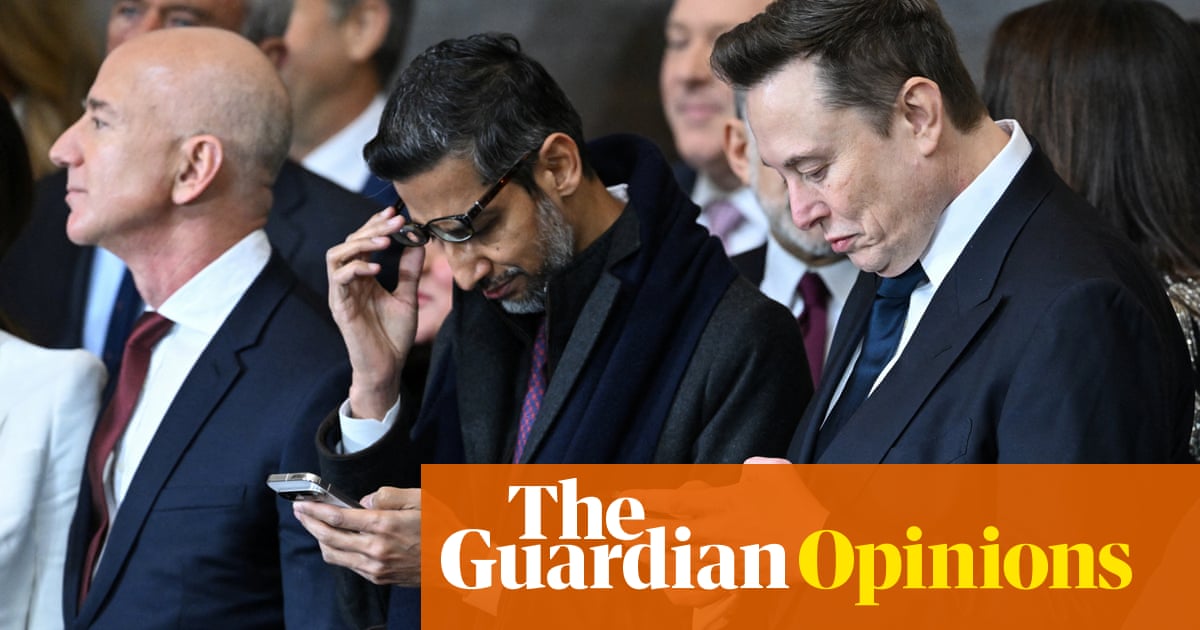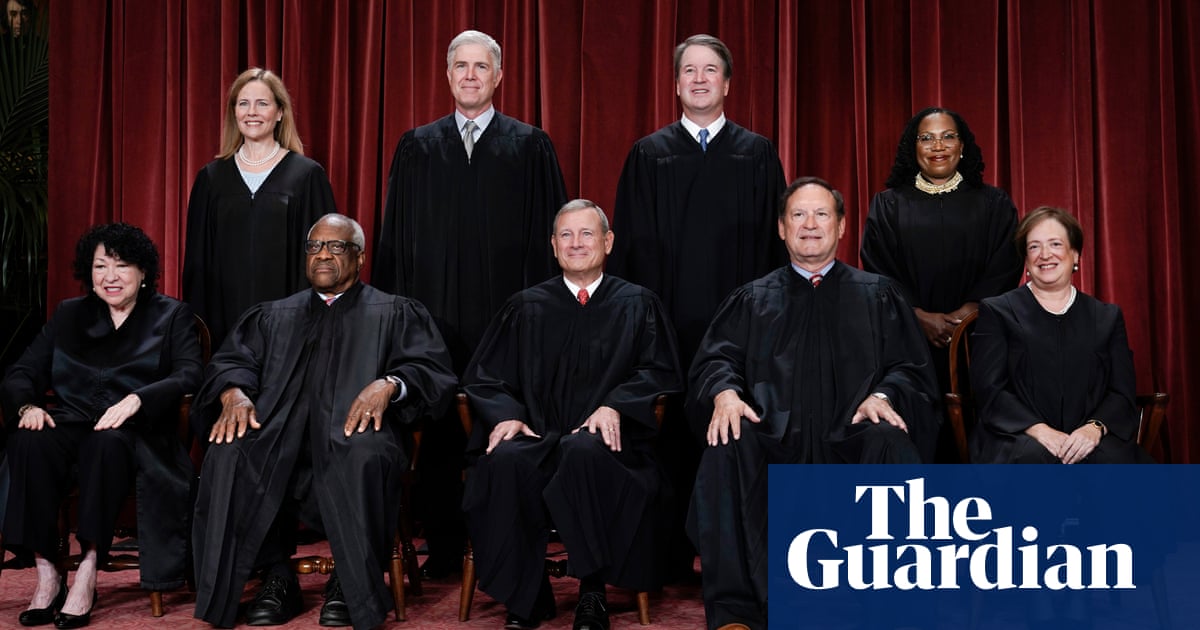If any workers are still holding on to the notion that Donald Trump is pro-worker or pro-union, his move last week to terminate union bargaining rights for 1 million federal workers should disabuse them of that notion. Candidate Trump often wooed workers by promising to fight for them, but ever since he returned to the White House, he has taken dozens of anti-worker and anti-union actions.
In an unprecedented anti-union action last Thursday, the president moved to end collective bargaining for a million federal employees and scrap union contracts nearly that number, while attacking their unions as “hostile” merely because they were doing what unions are supposed to do: battling to save the jobs of tens of thousands of union members whom Trump and Elon Musk had summarily fired.
In an era when many workers are demanding respect, Trump keeps showing disrespect toward the country’s 2.3 million federal workers. He and Musk have cavalierly fired over 50,000 federal employees, ignoring contractual protections saying they could only be terminated for poor performance. Then Trump blamed the victims, saying, without evidence: “Many of them don’t work at all. Many of them never showed up to work.” Trump views federal employees not as dedicated workers who serve the nation’s 340 million people, but as deplorables who work for the detested deep state.
Not stopping there, Trump has named several vehemently anti-union figures to be his right-hand men. Russell Vought, head of Trump’s office of management and budget, has shown true sadism toward workers. “We want the bureaucrats to be traumatically affected,” Vought said in a video disclosed by ProPublica and the research group Documented. “When they wake up in the morning, we want them to not want to go to work, because they are increasingly viewed as the villains … We want to put them in trauma.”
Would anyone who cared an iota about workers name such a callous, anti-worker person to a top position?
Then there’s the aggressively anti-union Mr Musk. Trump praised Musk over the idea of firing striking workers, an action that is illegal and would go far to cripple labor’s most powerful weapon: the strike. Musk has become a pariah in Scandinavia for his extreme anti-union animus: Tesla has refused to recognize a union there – something that virtually all Scandinavian corporations do. Like Trump, Musk has a penchant for disrespecting workers, repeatedly tarring federal employees as being guilty of “waste, fraud and abuse”. Last week on Fox News, Musk insulted the intelligence of federal workers by falsely saying that “basically almost no one [no federal employee] has gotten fired”.
Again, would anyone who cared a whit about workers and unions tap Musk for such a powerful position?
Trump’s first two months back in office have been filled with anti-worker and anti-union actions. In an unseemly move, the Trump administration called on federal workers to snitch on each other, to report on co-workers who promote diversity and inclusion. Trump fired Gwynne Wilcox, the acting chair of the National Labor Relations Board – a move she says is illegal – leaving the board without a quorum to penalize employers that break the law when fighting against unionization. Trump also fired the NLRB’s vigorously pro-union general counsel, Jennifer Abruzzo, and wants to replace her with a management-side lawyer whose firm represents many anti-union companies, including Tesla and SpaceX.
Trump, the supposed champion of workers, has done little to raise workers’ wages. As in his first term, he’s done zilch to increase the federal minimum wage, which has been stuck at a shockingly low $7.25 an hour for 15 years. He also rescinded Joe Biden’s order securing a $17.75-an-hour minimum wage for federal contractors. Candidate Trump wooed tipped workers by vowing end the income tax on employee tips, but he has failed to get the House budget bill to end that tax, although that bill tentatively includes Trump’s idea not to tax overtime pay.
Labor leaders have denounced Trump’s order to gut union bargaining for 1 million workers. Randy Erwin, president of the National Federation of Federal Employees, called Trump’s actions “the biggest assault on collective bargaining rights we have ever seen in this country”. Everett Kelley, president of the American Federation of Government Employees, said Trump’s order was “a disgraceful and retaliatory attack on the rights of hundreds of thousands of patriotic American civil servants – nearly one-third of whom are veterans – simply because they are members of a union that stands up to his harmful policies”.
Anti-union CEOs and ideologues will no doubt applaud Trump’s order. By targeting unionization among 1 million workers, Trump aims to weaken the nation’s 14-million-member labor movement. If successful, his move would end bargaining for those one million workers, holding down employee pay and thereby making more money available for Trump’s tax cuts for the rich.
Republican lawmakers will love Trump’s move because it undermines a key financial pillar for the Democrats. Half of US union members are government employees, and their unions are often major funders of Democratic candidates. Trump certainly knows that – 10 minutes after the supreme court issued its Janus decision in 2018, ruling that no federal, state or local government employee can be required to pay union dues, Trump tweeted “big loss for the coffers of the Democrats!” Trump’s new executive order will further skew a huge imbalance: Open Secrets, a research group that tracks political contributions, found that in the 2024 election cycle, business out-donated unions by 16 to one. Corporations donated $6.1bn to unions’ $264m, which is less than gazillionaire Musk gave all by himself.
Trump also won over many workers by vowing to cut prices. Not only did he vow to cut egg prices, he boldly said he’d cut auto insurance prices and energy prices in half. But Trump has totally failed to do any of that. Moreover, his 25% auto tariff will cause auto prices to soar.
One has to strain to think of even one or two pro-worker or pro-union moves that Trump has taken. The White House says his tariffs are pro-worker and pro-union, insisting they will bring back manufacturing jobs. But many economists say Trump’s tariffs will hurt myriad industries and workers. His auto tariffs, for instance, will increase car prices and as a result, auto sales, auto production and auto jobs will decline, at least short-term. Not only that, other countries’ retaliation will pummel various US industries and trigger additional layoffs. Moreover, Trump’s tariffs will undermine GDP growth and perhaps push the US into recession. Bottom line: Trump remains obsessed with tariffs, even though they’re likely to result in more pain than gain for US workers.
When it comes to worker issues, Trump resembles the emperor in the famous fairy tale: he sees himself wearing magnificent union-made clothes covered with buttons containing pro-worker slogans. But more and more Americans realize that when it comes to helping workers, Trump is like Hans Christian Andersen’s emperor: his nakedness is showing.
-
Steven Greenhouse is a journalist and author focusing on labor and the workplace, as well as economic and legal issues

 German (DE)
German (DE)  English (US)
English (US)  Spanish (ES)
Spanish (ES)  French (FR)
French (FR)  Hindi (IN)
Hindi (IN)  Italian (IT)
Italian (IT)  Russian (RU)
Russian (RU)  1 day ago
1 day ago
























Comments